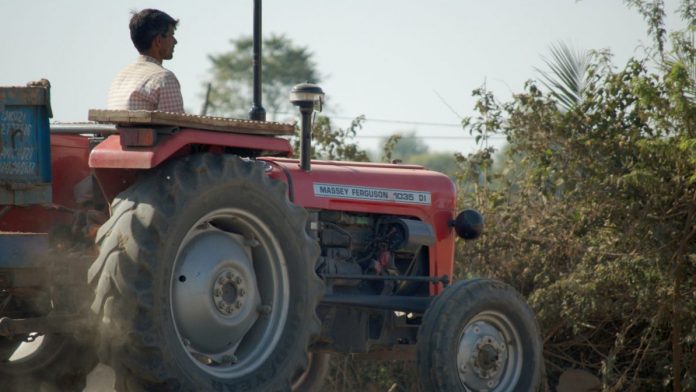http://www.hindustantimes.com/India-news/Mumbai/The-fight-for-your-plate/Article1-1099950.aspx
Smruti Koppikar, Hindustan Times Mumbai, July 29, 2013
Imagine you have a choice of bananas – one that you have always preferred from the 200 varieties India has to offer and another engineered to give you extra iron but whose impact on your physiology is uncertain. Imagine a similar choice with your staple rice; regular rice or fortified with beta-carotene whose long-term impacts are not fully studied. Or mustard.
Conventional wisdom would have you pick the first item in every category. That’s if you knew which banana, rice and mustard in the market was the natural organism and which genetically modified. The idea of choice works when there’s information to make it.

The pitched debate around genetically modified (GM) crops, including food crops, revolves around two important themes: ambiguity about long-term health and safety impacts and inadequate labelling that hinders choice. The genetically modified organism (GMO) industry – international and Indian companies – believes GM food could deliver food security to India, a line parroted by Agriculture Minister Sharad Pawar. The broad-based anti-GM coalition believes existing data is inadequate to embrace GM food and evidence of its adverse impacts is rising.
The battle is likely to get sharper, perhaps ugly, in the months ahead. There’s a clear division in Dr Manmohan Singh’s cabinet itself. “We have two senior cabinet ministers ranged on either side,” said a Congress party source, referring to environment minister Jayanthi Natarajan and Pawar, “It’s not right to link GM foods to food security.”
“Let’s be honest. Farmers don’t fund elections; rich and big companies do. Besides, we know the PM’s stand on the issue,” says Devinder Sharma, food policy analyst and anti-GM campaigner. Sharma and others like him say “a false crisis about food security is being created; the real agenda is to create a market” in India for GM foods.


The Technical Expert Committee (TEC) of the Supreme Court, recommended last Monday an indefinite moratorium on all field trials till a proper regulatory authority was put in place. Natarajan had announced in April that 20 food crops has been approved for field trials and trials had been initiated in cotton, corn and mustard.
While the Coalition for GM-free India urged the government to accept “the recommendations based on sound science, justice and principle of sustainability”, Monsanto spokesperson stated, “The TEC report sought to go beyond the Terms of Reference and recommendations made are discouraging of science and agriculture.”

In the high-stakes battle, the role of an independent regulatory authority – to safeguard people’s health and protect the country’s bio-diversity – becomes crucial. The dispute over GM crops these days often segues into a debate over the proposed Biotechnology Regulatory Authority of India (BRAI). “There’s the Genetic Engineering Appraisal Committee. The new regulatory authority will be under the science and technology ministry which is responsible for promoting GM technology. What’s this if not conflict of interest,” asked Sharma. However, the industry believes India’s regulatory framework is good. “India has a robust science-based regulation and regulatory process in place which is comparable to global standards,” stated the Monsanto spokesperson.
![]()
This divergence of perspectives is forcing people to take sides. Politicians seem to have chosen theirs. For people to weigh in, “more honestly scientific information” about GM food impacts has to be in the public domain, said Sharma. This includes letting people know what they are consuming by adequate labelling. Cotton seed oil derived from Bt Cotton could already be in your kitchen. “Cotton seed oil contributes to domestic edible oil needs, it’s the number 1 choice in Gujarat,” admitted Monsanto spokesperson. What exactly it does to your gut is still in the realm of research. What a GM-rich diet does to health is left to your imagination.


About the author